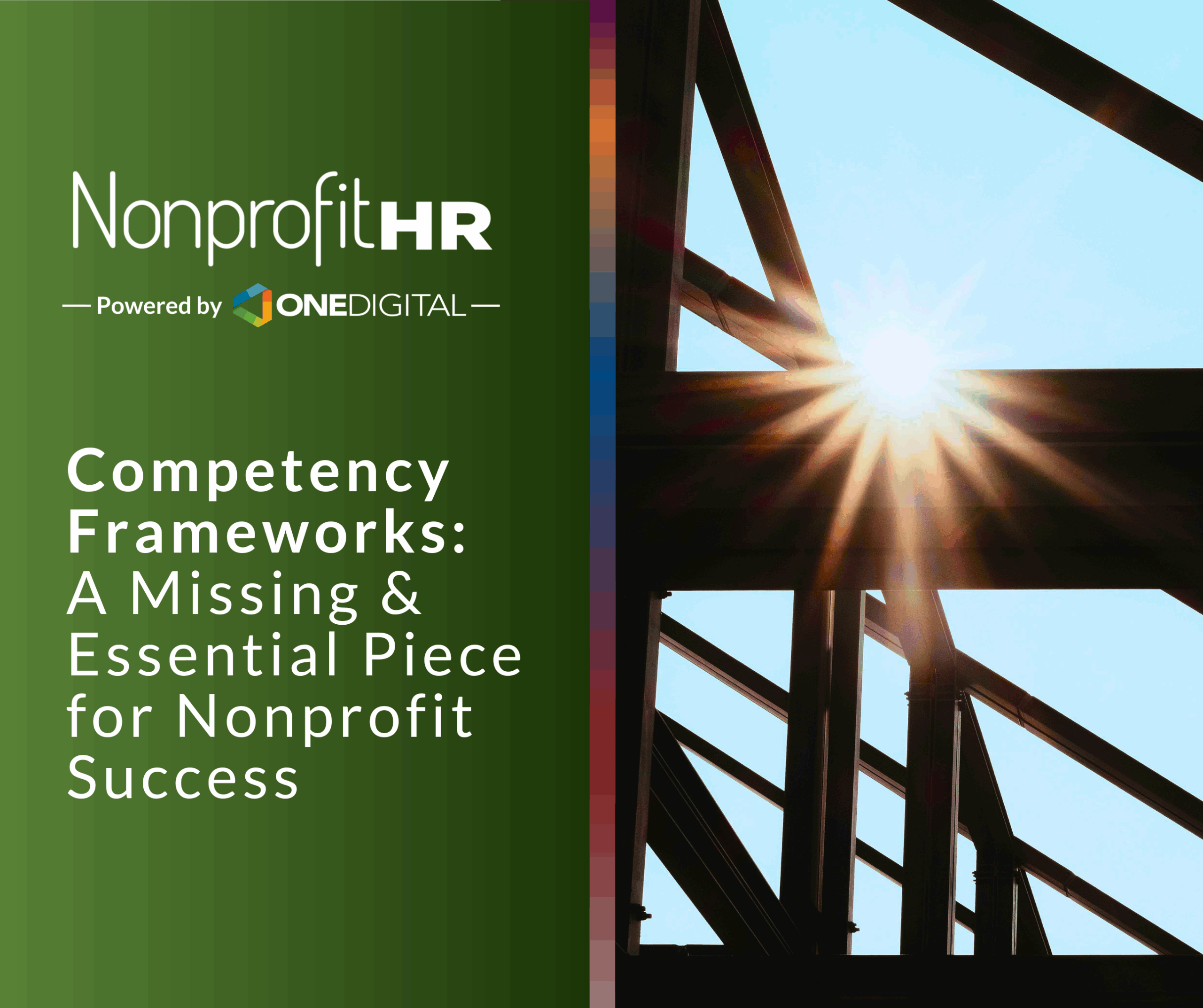WTOP: 5 ways nonprofits can…
An estimated 20 million U.S. employees will be changing jobs in 2013. What is your company planning to do to retain valuable employees? Getting pay right is a big part of the equation, but benefits and perks are important factors too.
Here are 5 employee benefits and company perks that Jessica Miller-Merrell of blogging4jobs feels could help you to retain current talent and lure new candidates to your organization in 2013.
- Unlimited Vacation Policy. Taken from the playbook of Netflix CEO Reed Hastings, the unlimited vacation policy has worked for Netflix among other top companies. The VP of Corporate Communications said in a statement “If you hire adults who practice adult behaviors, you don’t need requirements like dress codes and vacation policies.” This benefit will be seen as a must-have in upcoming years.
- Sick Pet Pay. We are able to take time off for our kids, spouses, and even extended family when they are sick, but why not our pets? Man’s best friend is just that, our best friend. Mourning the loss of a pet can take a mental toll on someone, especially if the animal has been around in the family for years. This benefit seems like a no-brainer and something that could be implemented with ease.
- Onsite Catering. No arguing here. Food is one of the best perks a company can give its employees. Most startup tech companies have been catering lunches, desserts, and snacks since creation. Why can’t older companies jump on this bandwagon? Not only does it increase employee health, but it is also said to boost productivity. Considering the substantial cost of an un-engaged employee, a lunch for each employee would end up benefiting the company in the long run.
- Onsite Daycare. With moms entering the workforce at an all time high in 2012, onsite daycare is something that will soon be a necessity in the workplace. Being able to drop off your child and then work brings flexibility to women. The number of women sitting on the board of directors and helming Fortune 500 companies is on a steady incline as well according to a study conducted by Catalyst.
- Flexible Work Schedule. Flexible work schedules allow employees to meet family needs, personal obligations, and other life responsibilities outside of the 8-5 schedule. It reduces burnout and increases the feeling of personal control over work schedules and environment. Where it’s applicable, having flex days 2-3 times a week empowers employees which could potentially increase their productivity level.





























